In the ever-evolving landscape of media consumption, the rise of influencers is reshaping how audiences engage with content. In New Zealand, this trend is creating ripples across various sectors, including commercial real estate. The question at hand is whether influencers pose a significant threat to traditional media outlets or if these platforms can coexist. This article delves into this topic, offering an insightful analysis for commercial real estate brokers and stakeholders in New Zealand.
The Emergence of Influencers: A New Dynamic
Influencers, with their ability to reach niche audiences and create personalized content, have emerged as a powerful force in marketing. In New Zealand, the influencer economy is growing rapidly, with businesses increasingly allocating budgets towards these digital personalities. According to a report by Stats NZ, digital advertising spending, which includes influencer marketing, has increased by 27% over the past year, indicating a shift in marketing strategies.
Case Study: The Real Estate Influence
Consider the case of a Wellington-based real estate firm that leveraged local influencers to promote a new residential development. By collaborating with lifestyle influencers who had a combined following of over 200,000, the firm saw a 30% increase in inquiries and a 15% rise in open house attendance. The success of this campaign demonstrates the potential of influencers to drive tangible business outcomes in the real estate sector.
Data-Driven Insights: Traditional Media vs. Influencers
Traditional media, such as newspapers and television, have long been the cornerstone of advertising in New Zealand. However, viewership numbers are declining. A Reserve Bank of New Zealand report highlighted that TV viewership decreased by 15% in 2023, while digital media consumption rose by 22%. This shift underscores the growing influence of digital platforms.
Despite these trends, traditional media still commands significant trust among older demographics. A study by the University of Auckland found that 78% of individuals over 50 trust traditional media sources over digital influencers. This demographic segment remains crucial for sectors like real estate, where decisions are often made by older, financially stable individuals.
Contrasting Perspectives: Advocates vs. Critics
Advocates of influencer marketing argue that its personalized approach allows for greater engagement and authenticity. Influencers can tailor content to specific audiences, resulting in higher conversion rates. Critics, however, caution against over-reliance on influencers due to potential issues with transparency and credibility. The rise of "fake followers" and unverified endorsements are concerns that cannot be ignored.
A balanced approach suggests that integrating influencer marketing with traditional media can yield the best results. For instance, a real estate company might use influencers for initial outreach while relying on reputable media outlets for in-depth property analysis.
Pros and Cons of Influencer Marketing
Pros:
- High Engagement: Influencers often have a loyal following, leading to higher engagement rates compared to traditional ads.
- Cost-Effective: Influencer marketing can be more budget-friendly, particularly for small businesses with limited ad spend.
- Targeted Reach: Allows businesses to reach specific demographics, tailoring campaigns to niche markets.
Cons:
- Credibility Issues: The rise of influencer fraud poses a risk to brand reputation.
- Limited Control: Brands may have less control over the messaging and presentation.
- Short-Term Impact: Influencer campaigns can be fleeting, requiring constant engagement and strategy updates.
Common Myths & Mistakes
Despite its popularity, influencer marketing is surrounded by myths that can mislead businesses.
Myth: "Influencers can replace all traditional media efforts." Reality: While influencers are effective for engagement, traditional media still holds sway in credibility, particularly for high-value transactions like real estate.
Myth: "Any influencer will do." Reality: Choosing influencers whose audience aligns with your target market is crucial for campaign success.
Myth: "Influencer marketing is cheap and easy." Reality: Effective campaigns require strategic planning and can involve significant investment.
Future Trends & Predictions
Looking ahead, the integration of influencers in marketing strategies is poised to grow. By 2026, it is predicted that influencer marketing will account for 15% of global ad spend, according to a Deloitte report. In New Zealand, the trend is expected to mirror global patterns, with more businesses combining influencer partnerships with traditional media to enhance reach and credibility.
Moreover, advancements in technology, such as AI and data analytics, will enable more precise targeting and measurement of influencer campaigns. This evolution will likely address current challenges and bolster the efficacy of influencer marketing.
Conclusion
In conclusion, the rise of influencers in New Zealand presents both opportunities and challenges for traditional media. While influencers offer a fresh and engaging way to reach audiences, traditional media remains relevant for credibility and trust. The key lies in a balanced approach that leverages the strengths of both platforms. As the media landscape continues to evolve, commercial real estate brokers and businesses must stay agile, embracing new strategies while maintaining the reliability of established media outlets.
What are your thoughts on the rise of influencers? Are they a threat or a complement to traditional media? Share your insights below!
Related Search Queries
- Influencer marketing impact on New Zealand media
- Traditional media vs. digital influencers NZ
- Real estate marketing trends in New Zealand
- How influencers are changing advertising in NZ
- New Zealand influencer marketing statistics
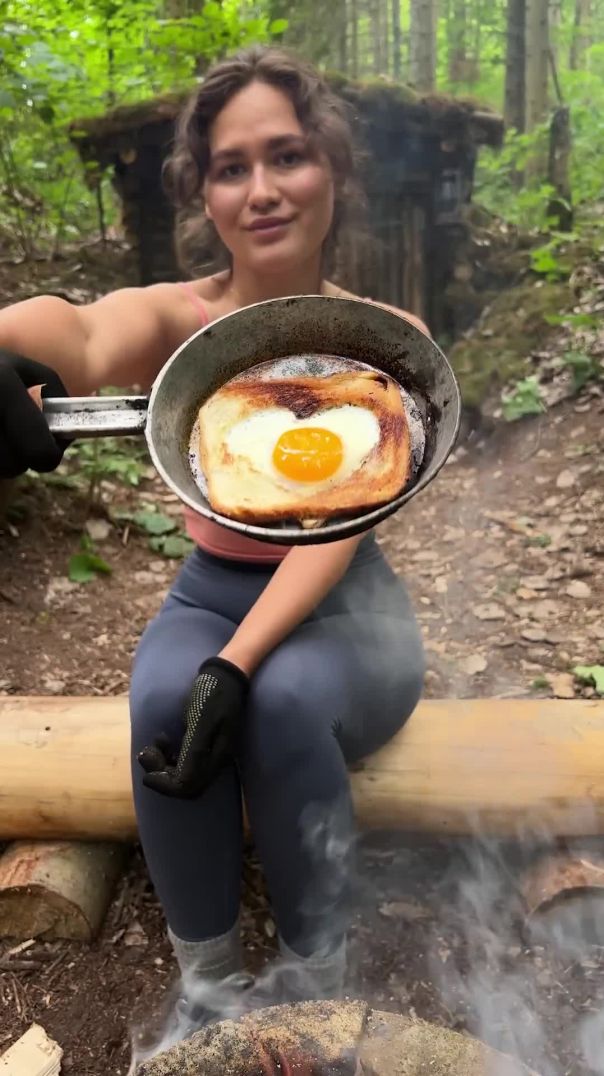


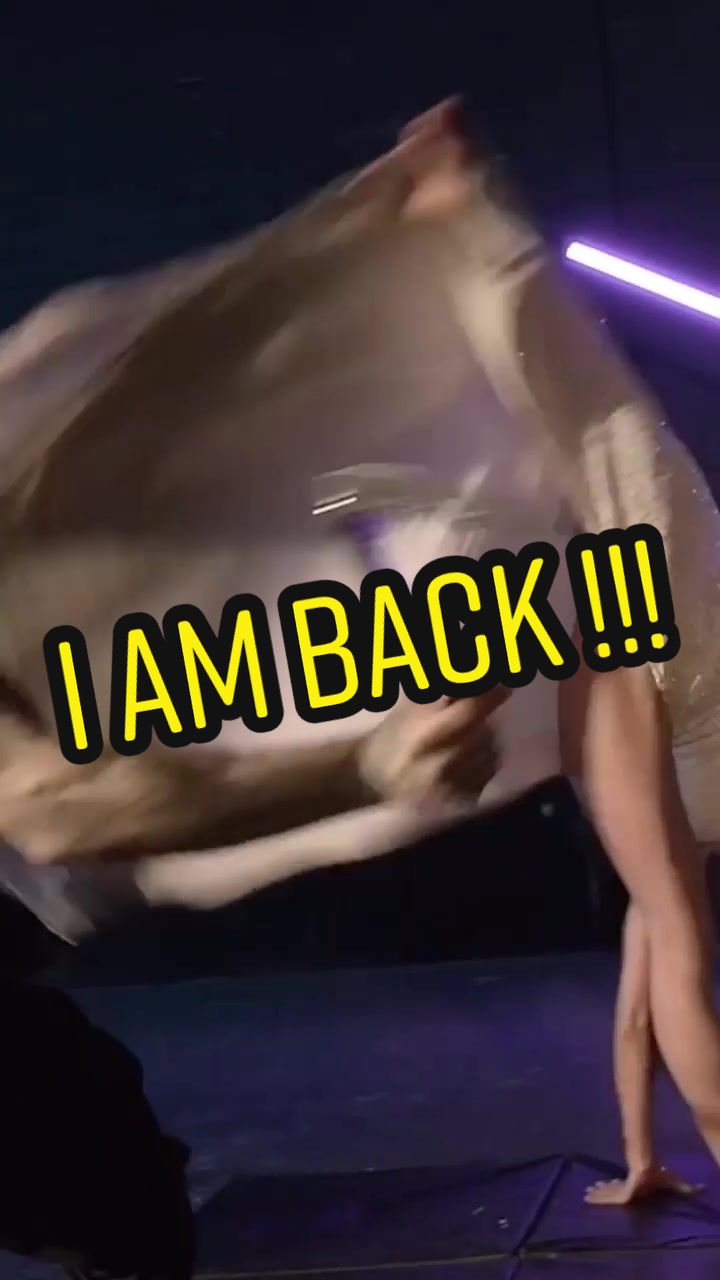
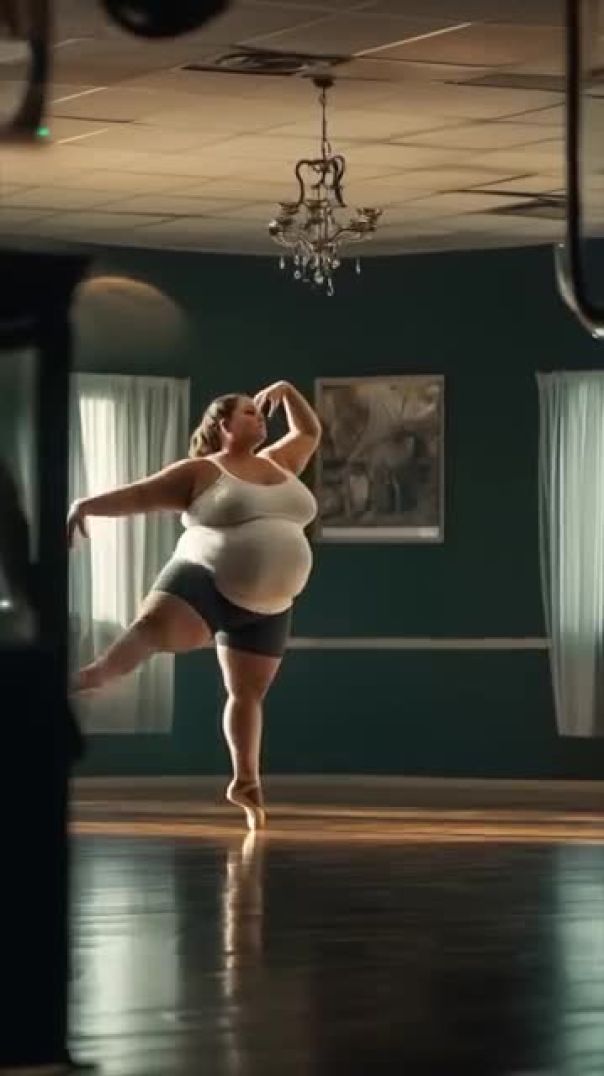


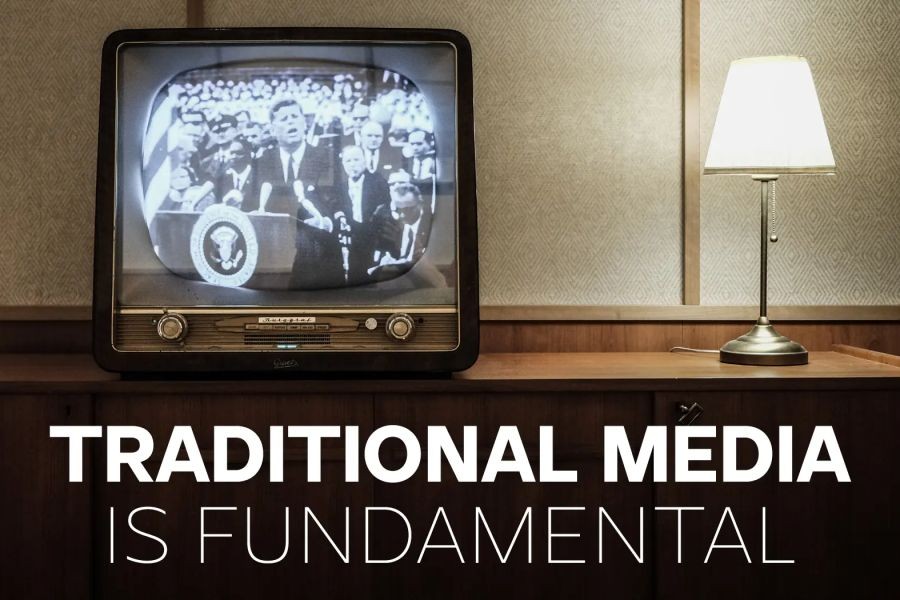
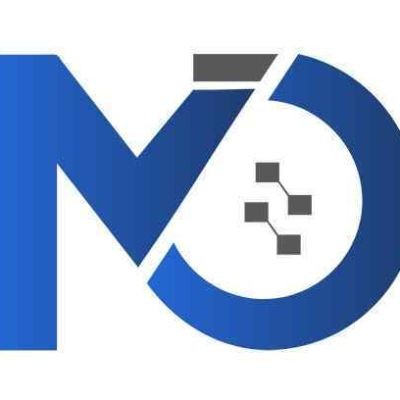





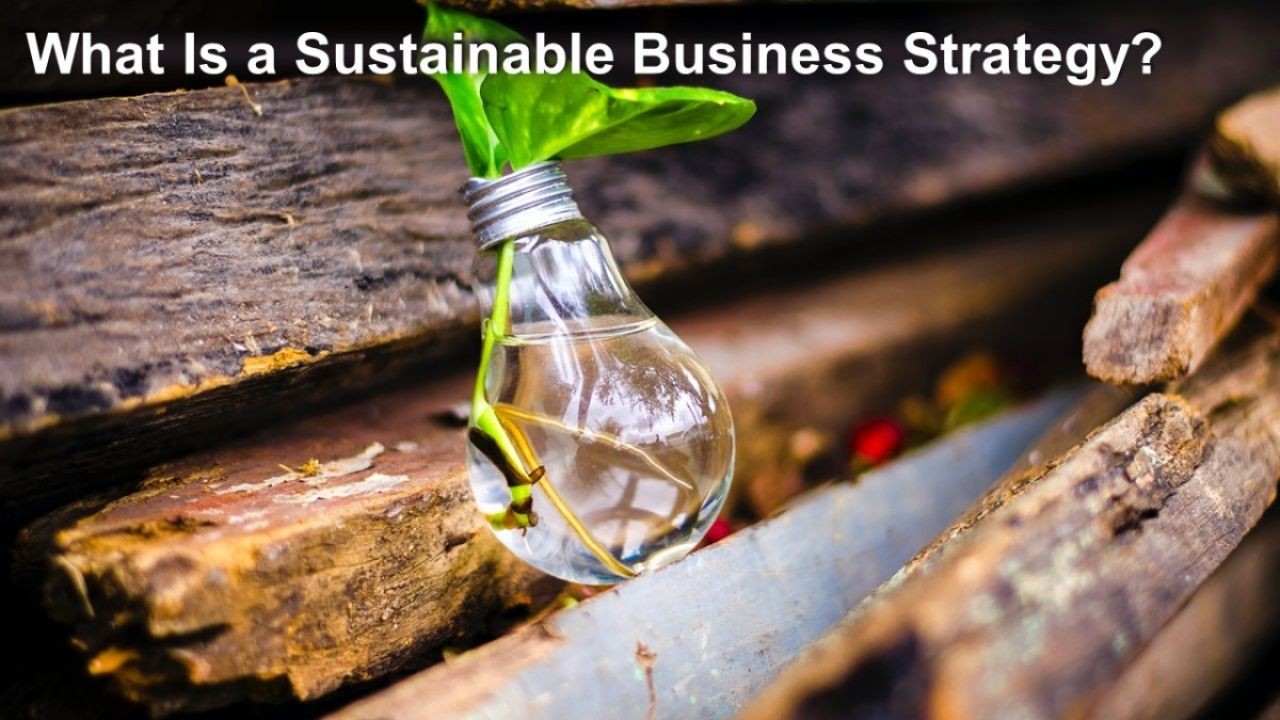





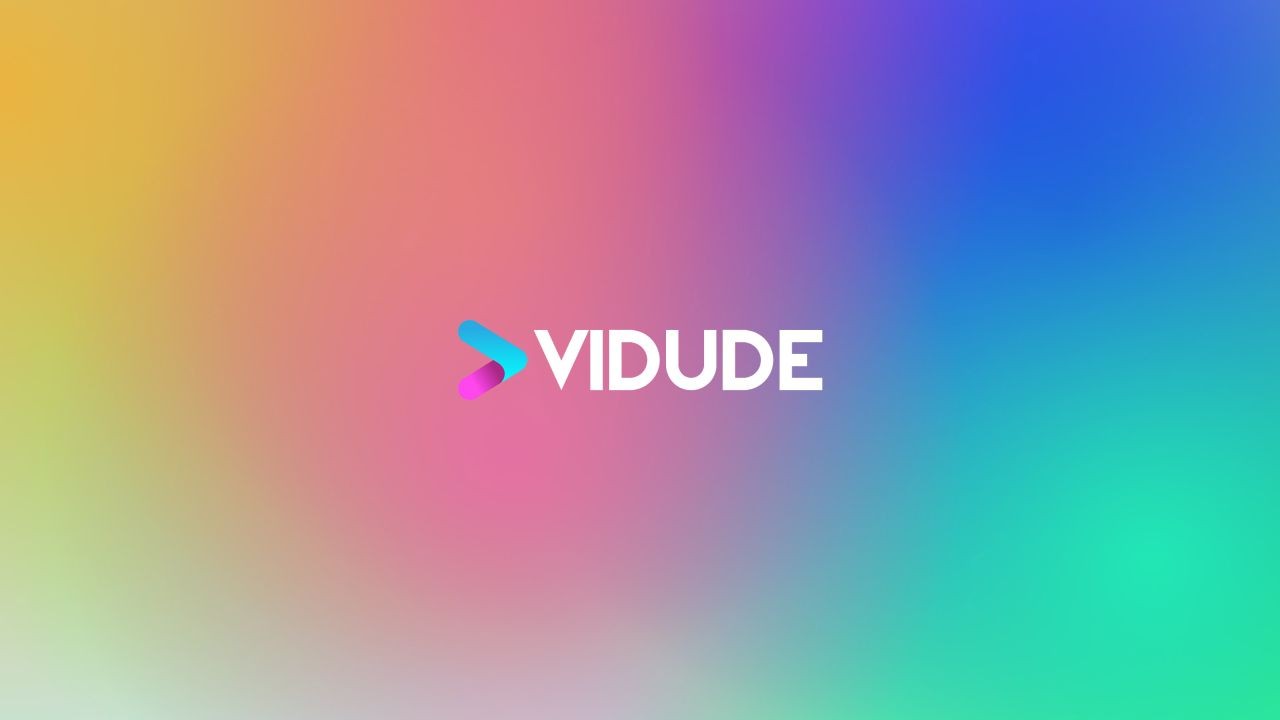


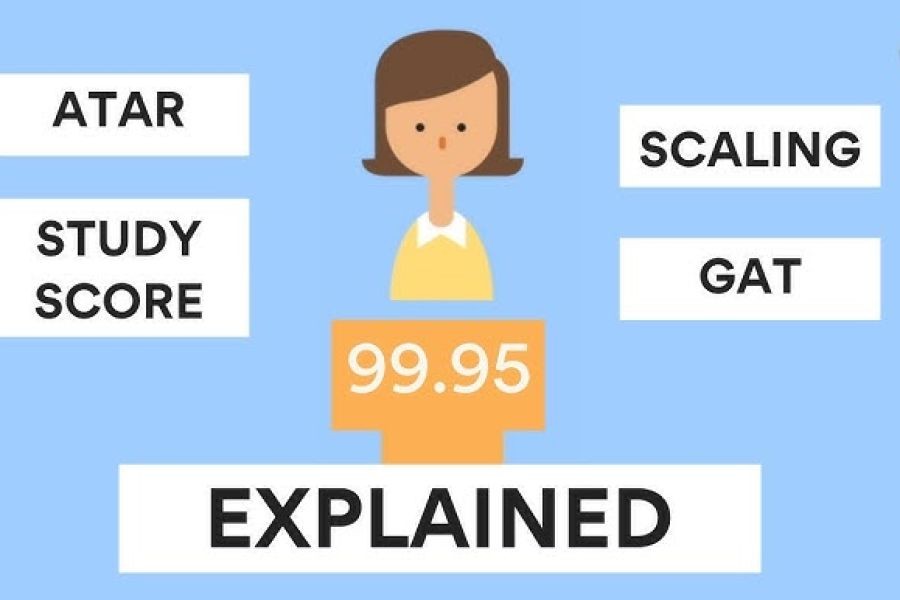


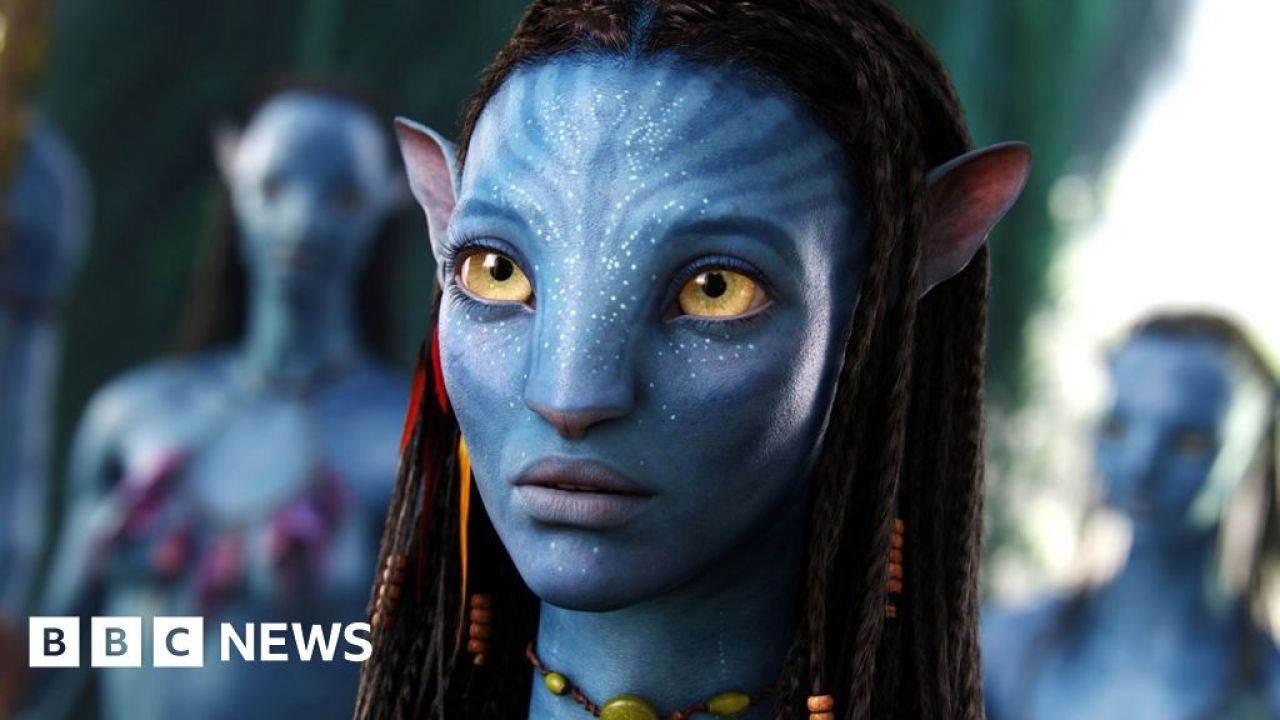

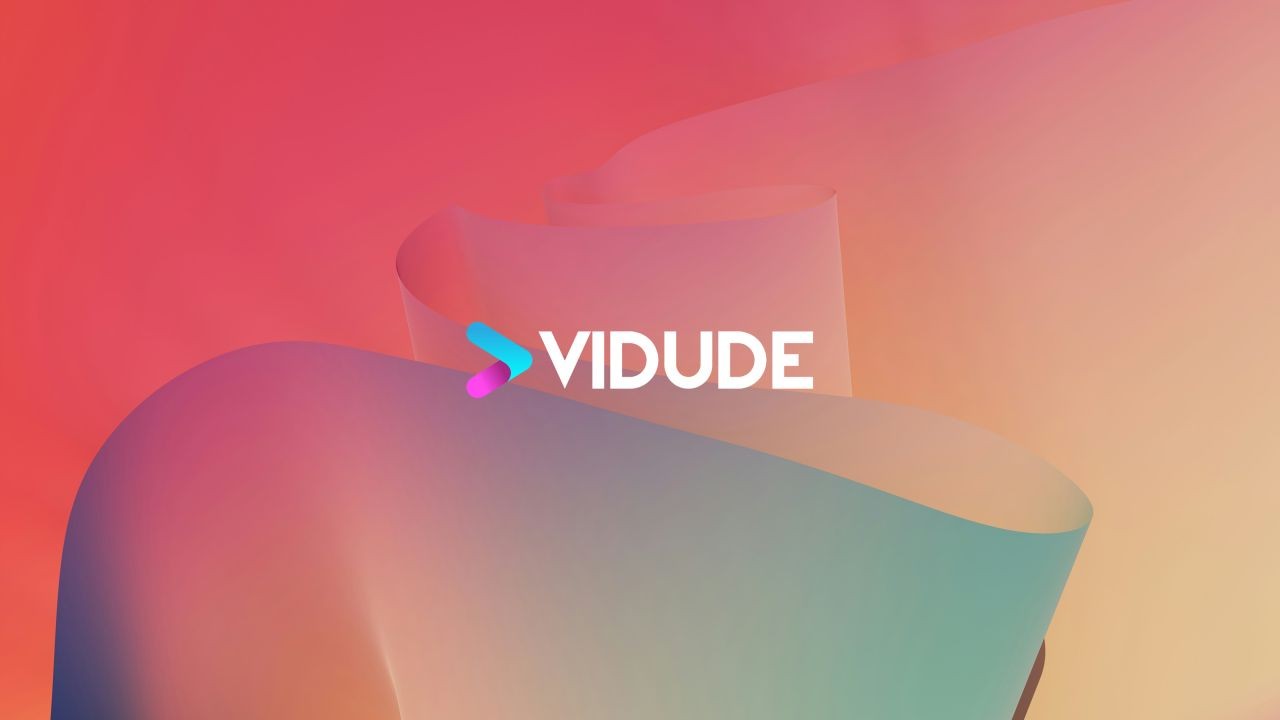
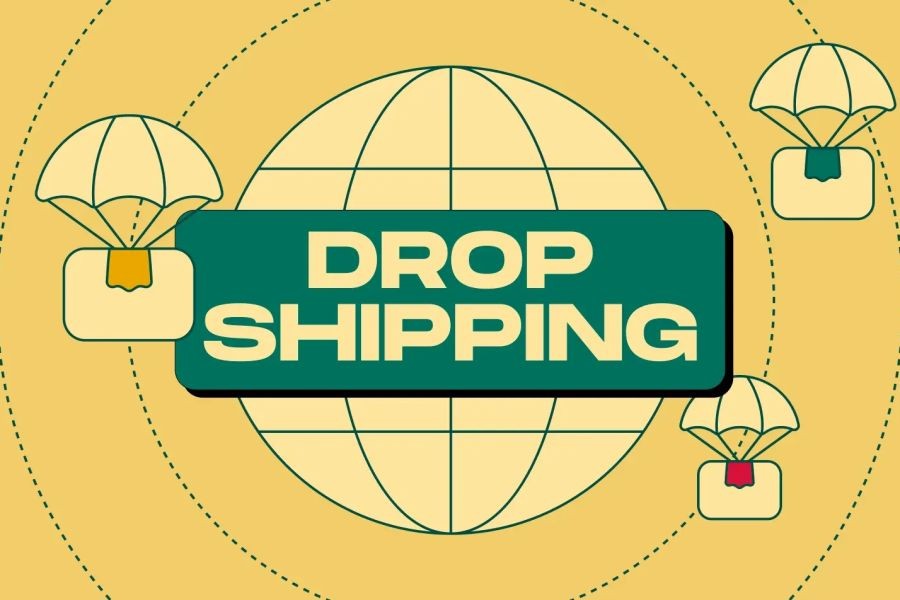





SharynStyl
6 months ago